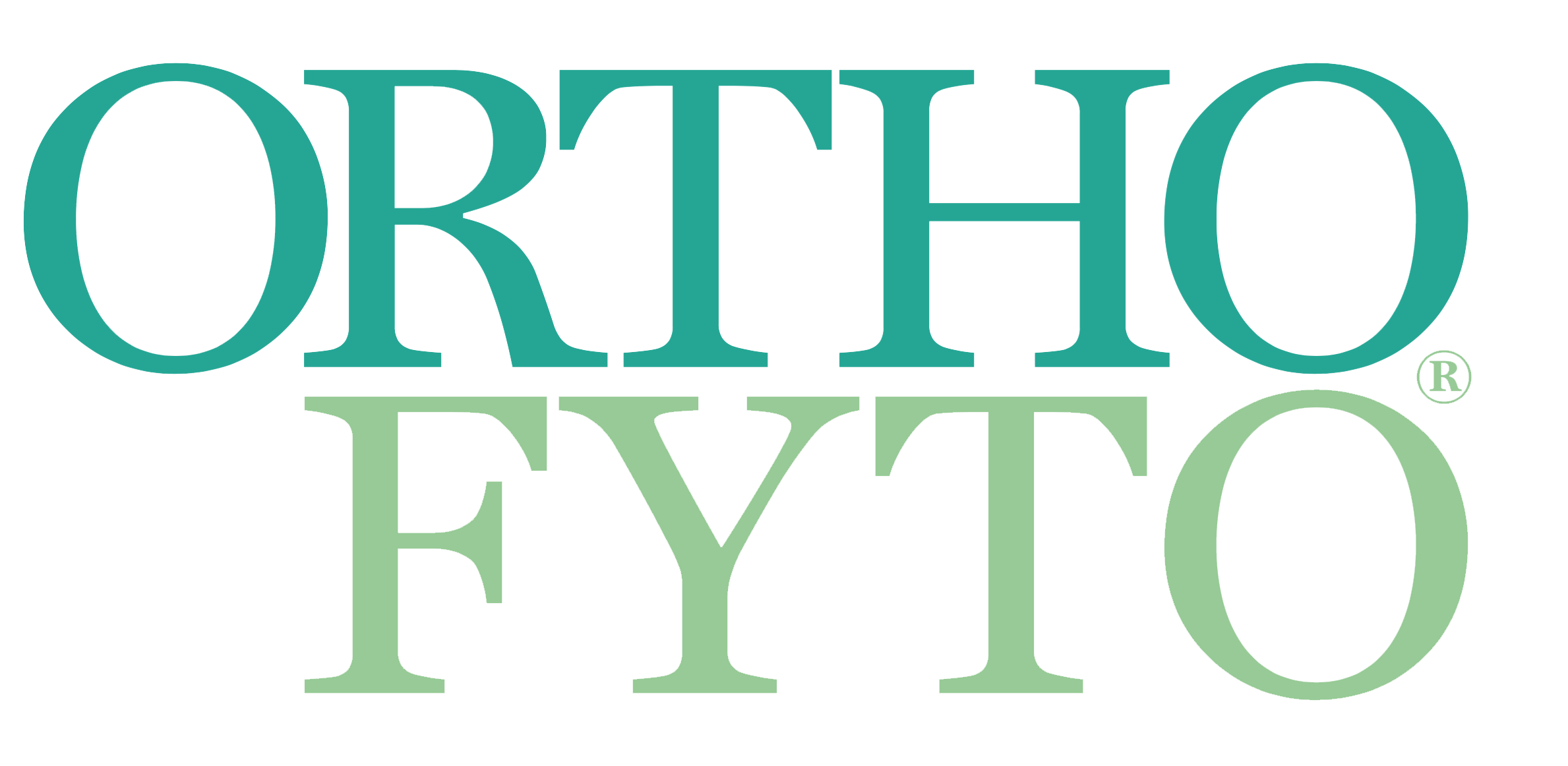Het brede therapeutische potentieel van zwarte komijnolie
06 Feb, 2024
Door Geert Verhelst
Terwijl zwarte komijn in de Arabische volksgeneeskunde al eeuwen een prominente plaats inneemt, is dit kruid in de westerse fytotherapie relatief onbekend. Maar na meer dan 650 peer reviewed artikels kunnen we niet langer de vele nuttige werkingen ervan negeren en moeten we hem in de galerij van ‘pleiotrope’ planten opnemen.
Zwarte komijn (Nigella sativa) is een eenjarige, kruidachtige plant die vooral wordt verbouwd in Zuid-Europa, het Midden-Oosten, India en Pakistan. Op zijn stijve, zich vertakkende stengel (tot 90 cm) draagt hij diep, tot lijnvormige deelblaadjes ingesneden bladeren. Hij bloeit met bloemen waarvan de kleur varieert, maar die het vaakst een blauwe tint aannemen. De vrucht is een zaaddoos met drie tot tien compartimenten, gevuld met talloze, licht aromatische en kleine zwarte zaadjes (2 à 3,5 mm). Die bevatten 30 tot 40% olie met een geelgroene tot amberachtige kleur, een aromatische geur en een bittere smaak. Vooral de koudgeperste, ongeraffineerde zaadolie wordt fytotherapeutisch aangewend.
Zwarte komijn werd zo hoog ingeschat in de Arabische geneeskunde, dat de profeet Mohammed hem bewierookte als 'een remedie voor alles, behalve voor de dood'. De voornaamste toepassingen waren: respiratoire infecties, allergische luchtwegenverschijnselen, hoofdpijn, hypertensie, diabetes, leverklachten, galstenen en reumatische klachten. Het belangrijkste bestanddeel van zwarte komijnolie is de essentiële olie met als hoofcomponenten thymoquinone, de polyfenolen p-cymeen, carvacrol en bètasitosterol.
Lees het gehele artikel vanaf pagina 29 in OrthoFyto 1/24.
Wilt u het gehele artikel als PDF bestand ontvangen? Bestel het dan hier voor € 3,50.
Bronvermelding:
1. Ciesielska-Figlon K, Wojciechowicz K, Wardowska A, Lisowska KA. The Immunomodulatory Effect of Nigella sativa. Antioxidants (Basel). 2023 Jun 24;12(7):1340.
2. Forouzanfar F, Bazzaz BS, Hosseinzadeh H. Black cumin (Nigella sativa) and its constituent (thymoquinone): a review on antimicrobial effects. Iran J Basic Med Sci. 2014 Dec;17(12):929-38. PMID: 25859296; PMCID: PMC4387228.
3. Nigella Sativa for COVID-19: real-time meta analysis of 12 studies. (c19early.org)
4. Han A, Shi D. The efficacy of Nigella sativa supplementation for asthma control: a meta-analysis of randomized controlled studies. Postepy Dermatol Alergol. 2021 Aug;38(4):561-565. doi: 10.5114/ada.2020.93220. Epub 2020 Feb 24.
5. Nikakhlagh S, Rahim F, Aryani FH, Syahpoush A, Brougerdnya MG, Saki N. Herbal treatment of allergic rhinitis: the use of Nigella sativa. Am J Otolaryngol. 2011 Sep-Oct;32(5):402-7.
6. Saadati S, Naseri K, Asbaghi O, Abhari K, Zhang P, Li HB, Gan RY. Nigella sativa supplementation improves cardiometabolic indicators in population with prediabetes and type 2 diabetes mellitus: A systematic review and meta-analysis of randomized controlled trials. Front Nutr. 2022 Aug 11;9:977756.
7. Daryabeygi-Khotbehsara R, Golzarand M, Ghaffari MP, Djafarian K. Nigella sativa improves glucose homeostasis and serum lipids in type 2 diabetes: A systematic review and meta-analysis. Complement Ther Med. 2017 Dec;35:6-13.
8. Askari G, Rouhani MH, Ghaedi E, Ghavami A, Nouri M, Mohammadi H. Effect of Nigella sativa (black seed) supplementation on glycemic control: A systematic review and meta-analysis of clinical trials. Phytother Res. 2019 May;33(5):1341-1352.
9. Hosseini H, Ghavidel F, Aliyari M, Hashemy SI, Jamialahmadi T, Sahebkar A. Effect of Nigella sativa Intake on Oxidative Stress and Inflammation in Patients with Metabolic Syndrome and Related Disorders: A Systematic Review and Meta-analysis of Randomized Controlled Trials. Curr Pharm Biotechnol. 2023 Oct 5.
10. Montazeri RS, Fatahi S, Sohouli MH, Abu-Zaid A, Santos HO, Găman MA, Shidfar F. The effect of nigella sativa on biomarkers of inflammation and oxidative stress: A systematic review and meta-analysis of randomized controlled trials. J Food Biochem. 2021 Apr;45(4):e13625.
11. Mohit M, Farrokhzad A, Faraji SN, Heidarzadeh-Esfahani N, Kafeshani M. Effect of Nigella sativa L. supplementation on inflammatory and oxidative stress indicators: A systematic review and meta-analysis of controlled clinical trials. Complement Ther Med. 2020 Nov;54:102535.
12. Sahebkar A, Soranna D, Liu X, Thomopoulos C, Simental-Mendia LE, Derosa G, Maffioli P, Parati G. A systematic review and meta-analysis of randomized controlled trials investigating the effects of supplementation with Nigella sativa (black seed) on blood pressure. J Hypertens. 2016 Nov;34(11):2127-35.
13. Kavyani Z, Musazadeh V, Safaei E, Mohammadi Asmaroud M, Khashakichafi F, Ahrabi SS, Dehghan P. Antihypertensive effects of Nigella sativa supplementation: An updated systematic review and meta-analysis of randomized controlled trials. Phytother Res. 2023 Aug;37(8):3224-3238
14. Samarghandian S, Farkhondeh T, Samini F. A Review on Possible Therapeutic Effect of Nigella sativa and Thymoquinone in Neurodegenerative Diseases. CNS Neurol Disord Drug Targets. 2018;17(6):412-420.
15. Cascella M, Bimonte S, Barbieri A, Del Vecchio 1V, Muzio MR, Vitale A, Benincasa G, Ferriello AB, Azzariti A, Arra C, Cuomo A. Dissecting the Potential Roles of Nigella sativa and Its Constituent Thymoquinone on the Prevention and on the Progression of Alzheimer's Disease. Front Aging Neurosci. 2018 Feb 9;10:16.
16. Chaturvedi, Swati & Gupta, Rohit & Gupta, Neha & Ansari, Nazim & Ghazi, Nessrin & Naseem, Asma & Choudhary, Ranjay & Ansari, Uzair & Khan, Andleeb & Jahan, Sadaf. (2021). Nigella sativa and its chemical constituents: A promising approach against neurodegenerative disorders.
17. Azizi N, Amini MR, Djafarian K, Shab-Bidar S. The Effects of Nigella sativa Supplementation on Liver Enzymes Levels: a Systematic Review and Meta-analysis of Randomized Controlled Trials. Clin Nutr Res. 2021 Jan 29;10(1):72-82.
18. Mohtashamian A, Ebrahimzadeh A, Shamekhi Z, Sharifi N. Nigella sativa supplementation and non-alcoholic fatty liver disease: A systematic review of clinical trials. Avicenna J Phytomed. 2023 Jan-Feb;13(1):18-33
